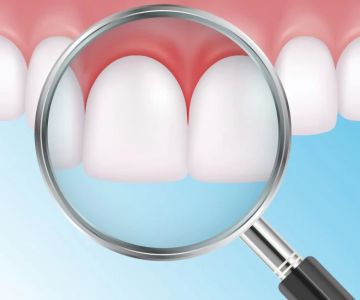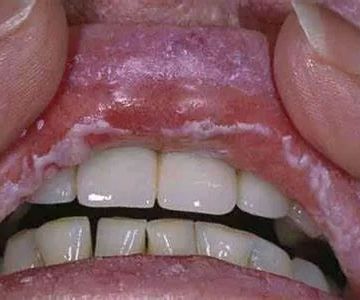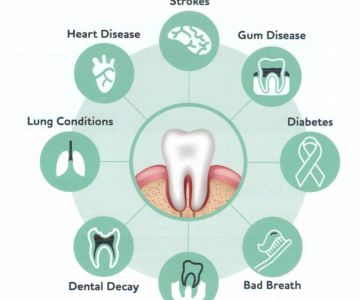Understanding the Connection Between Sexual Activity and Heart Health
Sexual activity has long been studied for its effects on physical and mental health. Among various types of sexual practices, oral sex is common and often discussed in relation to intimacy and pleasure. But can oral sex reduce the risk of heart disease? This question touches on the broader topic of how sexual activity influences cardiovascular health. Heart disease remains the leading cause of death in the United States, prompting interest in all lifestyle factors that might help reduce risk.
Sexual activity, in general, is a form of physical exercise that raises heart rate, improves circulation, and releases endorphins—hormones associated with stress relief and happiness. These effects contribute positively to cardiovascular health. However, whether oral sex specifically carries unique benefits or influences heart disease risk differently is less well studied and worth examining in detail.
How Sexual Activity Impacts Cardiovascular Health
1. Physical Exertion and Heart Rate
Engaging in sexual activity increases heart rate and blood pressure temporarily, similar to moderate exercise. This can strengthen the heart and improve vascular function if done regularly and safely. Studies have shown that people who maintain an active sex life often exhibit better cardiovascular outcomes than those who do not.
While oral sex may involve less physical exertion compared to other sexual activities, it still contributes to intimacy and stress reduction, which can indirectly benefit heart health.
2. Stress Reduction and Hormonal Effects
Sexual activity, including oral sex, promotes the release of oxytocin and endorphins. These hormones help reduce stress and lower cortisol levels, which is important because chronic stress is a known risk factor for heart disease. By fostering emotional connection and relaxation, oral sex can play a role in maintaining a healthier cardiovascular system.
3. Psychological and Emotional Benefits
Mental health has a significant impact on heart health. Depression and anxiety increase cardiovascular risks. Sexual intimacy, including oral sex, enhances emotional bonds and feelings of happiness, which can support better heart health indirectly.
Scientific Studies and Evidence
Research on sexual activity often focuses on frequency and satisfaction rather than specific acts such as oral sex. However, some studies have highlighted that maintaining a healthy sexual relationship correlates with lower incidence of heart attacks and strokes. For example, a study published in the American Journal of Cardiology suggested that regular sexual activity could reduce heart disease risk in middle-aged men.
Although oral sex itself has not been isolated extensively in research as a unique factor affecting heart disease, its role in reducing stress and enhancing intimacy supports cardiovascular health through these indirect pathways. More rigorous scientific investigation is needed to draw definitive conclusions.
Considerations and Safety
While exploring the potential health benefits of oral sex, it is important to also recognize safety aspects. Oral sex can transmit certain infections that might affect overall health. Practicing safe sex and regular health screenings contribute to maintaining both sexual and cardiovascular well-being.
Additionally, people with severe heart conditions should consult their healthcare providers regarding sexual activity to avoid undue strain or complications.
Real-Life Perspectives and Stories
Lisa, a 55-year-old woman recovering from a mild heart attack, found that maintaining intimacy with her partner—including oral sex—helped her manage stress and feel emotionally connected, which her cardiologist supported as beneficial for her recovery. This personal experience highlights how sexual health can play a complementary role in heart disease management.
Similarly, Mark, a 60-year-old with hypertension, reported that a healthy sex life reduced his anxiety and improved his mood, factors his doctor noted are important for heart health.
Supporting Heart Health Through Holistic Lifestyle Choices
While oral sex may contribute to heart health by promoting emotional and physical well-being, it is one part of a broader lifestyle approach. Balanced diet, regular exercise, stress management, and routine medical care remain the pillars of heart disease prevention.
For tailored advice on maintaining heart and sexual health, including safe practices and holistic strategies, Dentistry Toothtruth offers expert resources and personalized care.







 Westgate Dental Arts3.0 (2 review)
Westgate Dental Arts3.0 (2 review) Coventry Family Dental4.0 (247 review)
Coventry Family Dental4.0 (247 review) Familia Dental3.0 (1028 review)
Familia Dental3.0 (1028 review) Dr. Daniel S. Fife, DDS4.0 (31 review)
Dr. Daniel S. Fife, DDS4.0 (31 review) Dentistry At Suburban Square: Michael I. Wollock, DMD4.0 (1228 review)
Dentistry At Suburban Square: Michael I. Wollock, DMD4.0 (1228 review) Comfort Care Dental4.0 (1156 review)
Comfort Care Dental4.0 (1156 review) The Importance of Oral Health Education During Pregnancy for a Healthy Pregnancy
The Importance of Oral Health Education During Pregnancy for a Healthy Pregnancy Why Skipping Dental Checkups Can Lead to Bigger Oral Health Problems
Why Skipping Dental Checkups Can Lead to Bigger Oral Health Problems Best Tips for Brushing Your Teeth Properly for Healthy Gums: Essential Techniques for Oral Health
Best Tips for Brushing Your Teeth Properly for Healthy Gums: Essential Techniques for Oral Health Advantages of Porcelain Dental Restorations
Advantages of Porcelain Dental Restorations How Can Diabetes Cause Tooth and Gum Problems? Preventing and Managing Oral Health Issues
How Can Diabetes Cause Tooth and Gum Problems? Preventing and Managing Oral Health Issues Healthy Habits for Promoting Good Oral Health and Hygiene: Tips for a Healthy Smile
Healthy Habits for Promoting Good Oral Health and Hygiene: Tips for a Healthy Smile